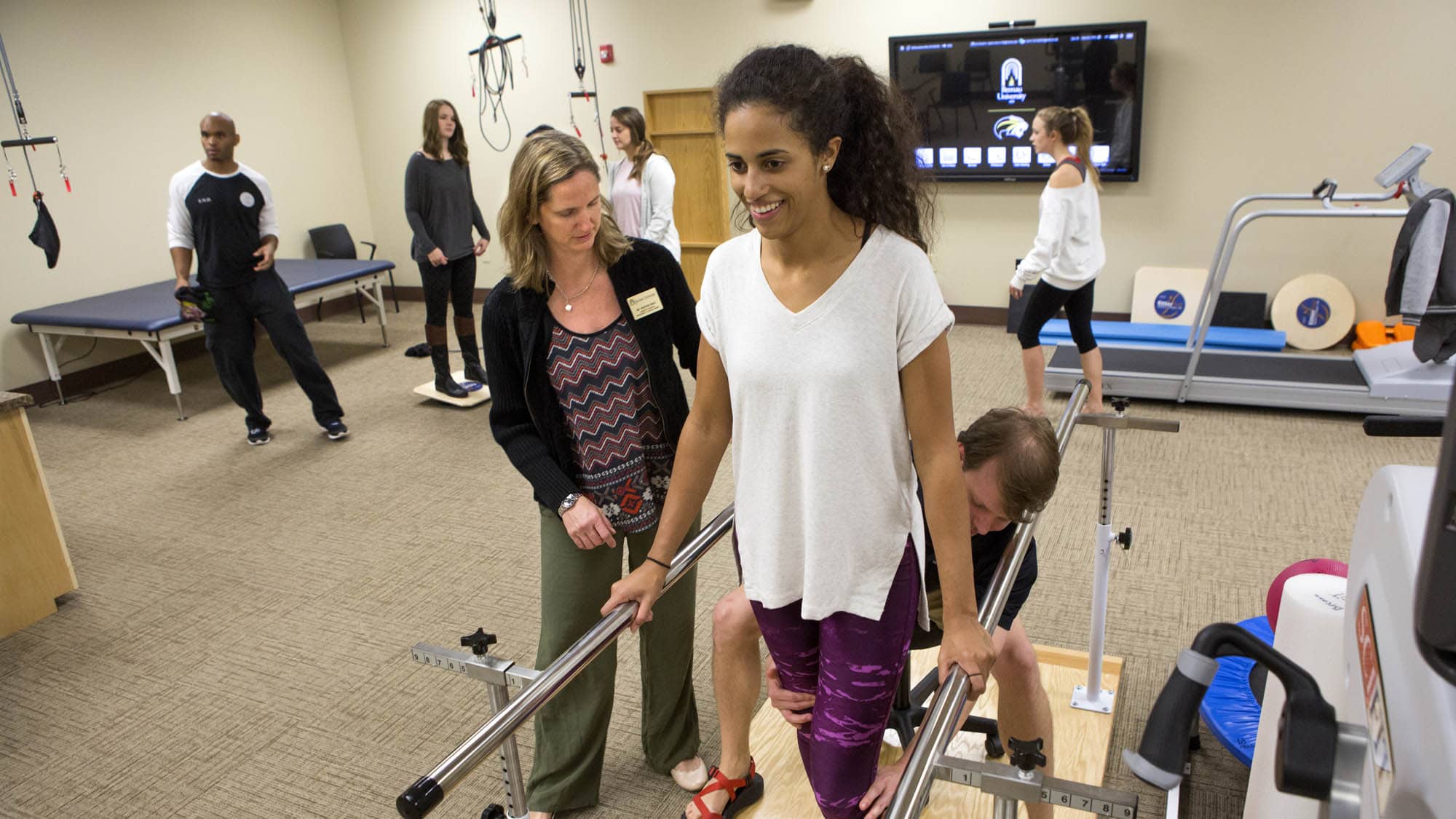How Individual Trainers Customize Distinct Exercise Plans for Meet Individual Wellness Goals
How Individual Trainers Customize Distinct Exercise Plans for Meet Individual Wellness Goals
Blog Article
Individual coaches play a vital role in helping clients achieve their health goals. Each person has distinct needs, choices, and objectives when it comes to working out. To address these variations, personal trainers create customized workout plans particularly designed for each individual. This process involves evaluating the individual's current fitness level, comprehending their goals, and considering any restrictions or injuries they may have. By taking these factors into consideration, trainers can design effective and secure workout routines that encourage progress and inspiration.
The first step in developing a personalized workout plan is performing a thorough assessment. This generally includes evaluating the individual's physical fitness through multiple tests, such as measuring strength, flexibility, and endurance. Trainers may also ask questions about the individual's exercise history, lifestyle, and any health conditions. This information helps trainers understand where the individual is starting from and what areas need enhancement. By gathering this information, trainers can set achievable and attainable goals that correspond with the individual's desires, whether it is losing weight, gaining muscle, or enhancing overall health.
Once the assessment is finished, trainers develop a structured workout plan that includes a variety of exercises. These plans often feature cardiovascular training, strength training, and flexibility exercises. Cardiovascular exercises, such as jogging or cycling, help improve heart health and reduce calories. Strength training, using weights or strength bands, builds sites muscle and boosts metabolism. Flexibility exercises, like bending or yoga, enhance mobility and prevent injuries. By merging these different types of workouts, trainers ensure that clients receive a comprehensive fitness experience that addresses all facets of physical health.
In addition to the physical components, personal trainers also concentrate on motivation and accountability. Many clients struggle to remain committed to their fitness routines, especially when faced with obstacles or difficulties. Trainers provide encouragement and help, aiding clients stay on track and motivated. They may also set immediate milestones to acknowledge progress along the way. This positive reinforcement can make a substantial difference in a client’s journey, as it fosters a sense of achievement and enhances confidence. Trainers often modify workout plans based on the client’s progress, making sure that the routines remain demanding and efficient.
Finally, personal trainers emphasize the significance of education in their training methodology. They teach clients about proper exercise techniques, the advantages of various workouts, and the significance of nutrition in achieving fitness goals. By enabling clients with understanding, trainers help them make informed decisions about their health and fitness. This informative aspect not only improves the effectiveness of the workout plans but also encourages clients to embrace healthier lifestyles beyond their training appointments. Ultimately, the fusion of personalized workout plans, motivation, and education creates a comprehensive approach to fitness that can lead to enduring results.